The legalization of Cannabis for medical and recreational use has been an ongoing debate in the US. Its effectiveness in several treatments has prompted at least 29 states to make Cannabis available in medical and some, for recreational and distribution purposes.
Also, recent studies have found an increase in cannabis users around the United States.
Although this is not linked with the legalization of Cannabis, the gradual increase in cannabis users pose significant advantages for public health and business. Still, many lawmakers and researchers argued for more evidence supporting Cannabis’s benefits and its potential risks that might outweigh its initial gains. Today we look at some of the benefits and risks of cannabis use as well as its legal issues surrounding it.
The Rise in Numbers
As of today, cannabis use is legal at the state level in 29 participating states with an estimate of several million American users and 85% of them pushing for cannabis legalization. However, current federal government policies see Cannabis as an illegal substance and the ongoing possibility of legalization being pushed back.
This indicates uncertainty and widespread tension about the real implications of Cannabis and tackles the ongoing question; Is Cannabis good or bad for us?
Benefits of Cannabis
The main reason why such substances are being pushed to be legal is because of its inherent benefits. Research and clinical trials produced results that suggest the ad-vantages of using Cannabis in medical and recreational conditions. Here are some examples listed below.
1. Treats Chronic Pain

Source: Stagramer instagram
One area that benefits people in the health industry is its effectiveness against chronic pain. Chronic pain affects more than 25 million American adults and is one of the leading causes of disability.
Research has found out that substances containing Cannabis are effective in relieving chronic pain. Because of the chemical compound called cannabinoid, which are the active ingredients in most cannabis plants.
2. For Alcoholism and Drug Addiction

Source: MapQuest
Another comprehensive review revealed evidence about Cannabis being effective in fighting addictions from drug-dependent patients and alcoholics. However, this evidence may prove controversial as cannabis use poses risks for abuse or becoming an alternative for addiction.
Although it poses some risks, cannabis intake with strict supervision may help people get over their addiction.
3. Helps Depression and Mental Disorders

Source: Romper
A published review from the Clinical Psychology Review has found significance to the use of Cannabis in relieving post-traumatic stress disorders and depression.
In addition, research suggests that alleviation of social anxiety when Cannabis influences one. Still, Cannabis has its limits as it is not appropriate for other mental health conditions such as bipolar disorder and psychosis. Furthermore, it still needs more research and evidence for the full implication of Cannabis to mental health.
4. Makes Chemotherapy Side-Effects More Bearable
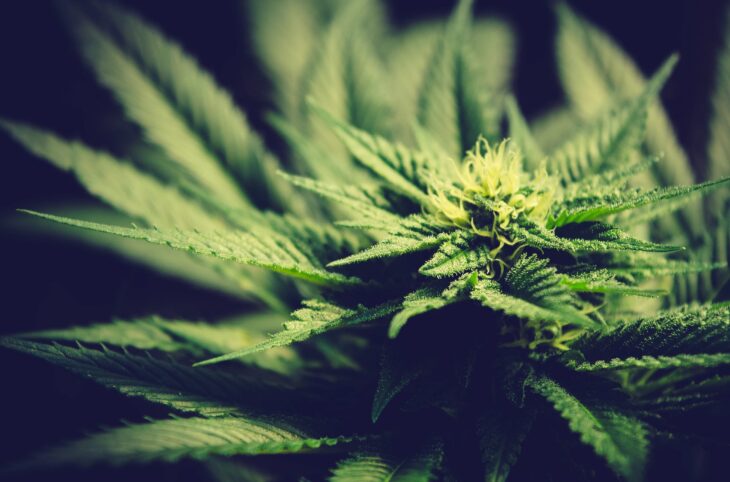
Source: unsplash.com
Cannabis is proven to alleviate nausea caused by chemotherapy, and additional studies suggest similar effectiveness in either oral cannabinoids and smoked marijuana. Previous research as well indicates that cannabinoids may slow down and kill specific types of cancer.
Cannabinoids may be a safe treatment for humans. Still, the debate goes on if this is enough to be an alternative for cancer treatment.
5. Recreation

Source: cannabisaficionado
Cannabis or marijuana intake offers some positive effects on the body as a recreational activity. Although this is not the main reason for legalization, people are taking these substances for several reasons aside from medicinal purposes, and here are some of them.
6. Socialization
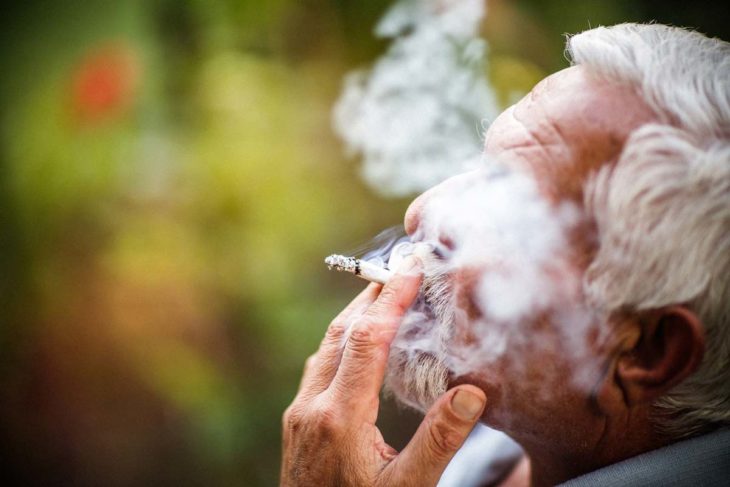
Source: aginginplace
Smoking has become a means of recreation between peers. Marijuana tends to loosen tension from people, encouraging them to speak freely and nurture close relationships. As of today, companies like Hemper lead the distribution and selling efforts of different marijuana strains to promote its recreational advantage.
Marijuana also heightens the senses, especially taste and hearing, making it a preferred choice for people as compared to other common substances.
7. Induces Creativity
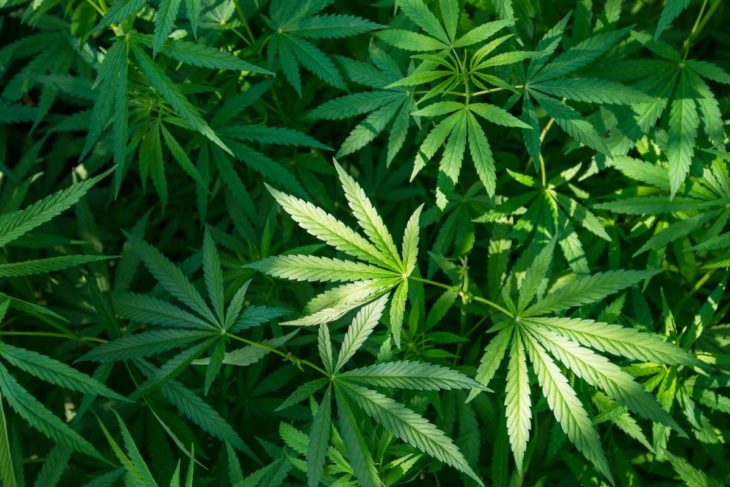
Source: scmp
Cannabinoids directly positively influence the brain, regulated use may enhance one’s creativity, and artistic skills as some strains make people feel energized and eager to be productive.
8. Stress-Relieving Properties

Source: The Guidance Girl
Maturity can subside marijuana as one of its effects; users can bring out their childlike tendencies, making it a lighthearted activity that is good for relieving stress. Naturally, shy people are also found to be more confident, outgoing, and vocal when under Cannabis’s influence.
Also, Cannabis nurtures the production of dopamine. A dopamine release can create a “High” sensation, allowing users to be positive, happy, and stress-free.
9. Risks and Side-Effects
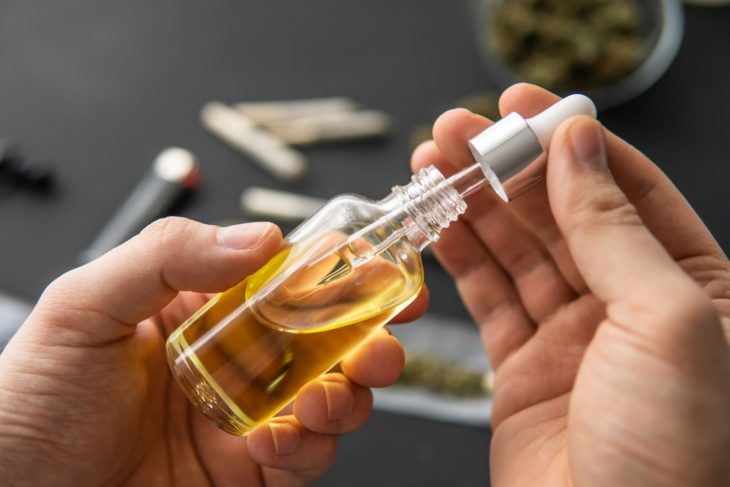
Source: Open Access Government
Knowing its offered benefits, the aspect of Cannabis being abused is far from over. Knowing its influence over one’s mind and body poses threats and reasons Cannabis is held back today.
Side effects of cannabis use differ from user to user, and depending on its strength, strain type, and its frequent exposure to THC and age, side effects tend to be magnified in older users.
Notable effects of cannabis use include but not limited to: Increased heart rate, slowed digestion, distorted perception of time, sounds and sights, loss of motor and coordination skills, as well as increased appetite and impaired reaction time when driving.
10. Adverse Effects on Health
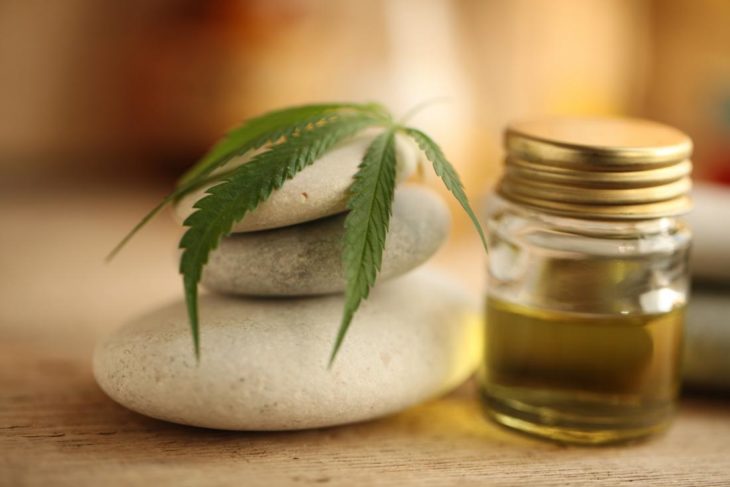
Source: sporteluxe
Cannabis intake through smoking poses threats similar to tobacco cigarettes. Studies show that marijuana has chemicals that are identical to tobacco, and marijuana needs to be inhaled deeper, which further increases exposure to harmful chemicals than tobacco intakes.
Marijuana users tend to have the same symptoms as tobacco smokers. Notable effects include persistent cough and phlegm and risks of lung infections, especially for those with pre-existing lung conditions.
Despite its apparent advantages, Cannabis is still under global debate between states and in several countries, whether its benefits outweigh risks and what restrictions have to be implemented to regulate its use to the public.
Takeaway:
While each state has its laws on its manufacture and distribution, it poses threats of abuse and harm for some. Cannabis’s stated benefits and risks are to inform and assess your decision about whether to take them or not. It is still best to consult with your physician before engaging in cannabis use, whether for medical or recreational purposes.
